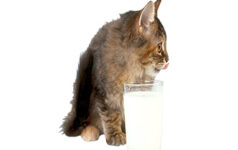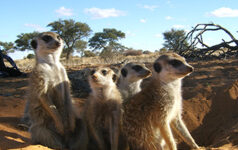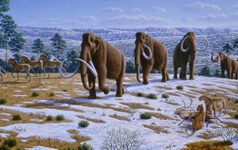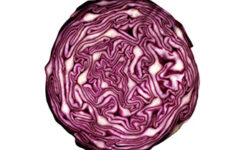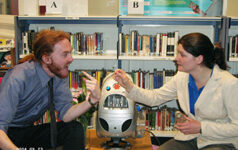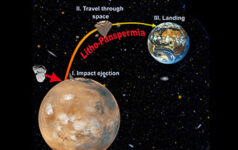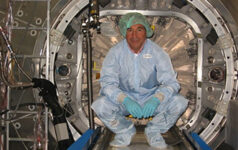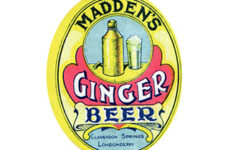Better milk for cats: immobilised lactase used to make lactose-reduced milk
Dean Madden from the National Centre for Biotechnology Education (NCBE), University of Reading, UK, suggests an experiment to make lactose-free milk – useful both for cats and for the 75% of the world’s human population that are intolerant to this type of sugar.

